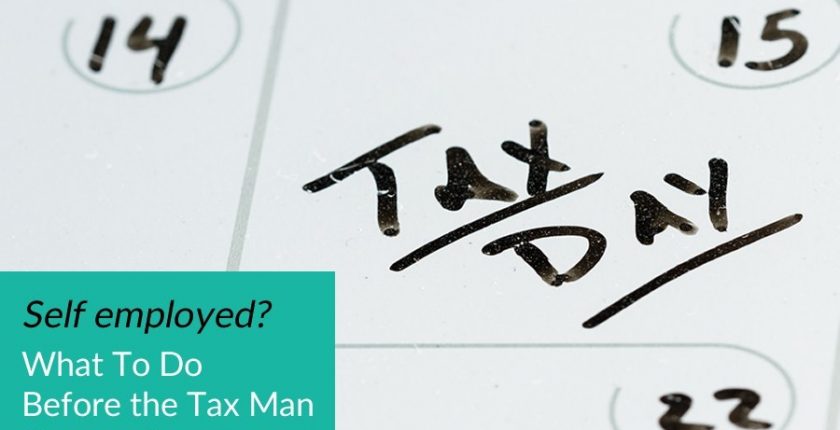
It’s that time of year again, and you should start thinking about getting your tax and finances in order before the end of financial year (EOFY).
For those of us who are freelancers or self-employed and working from home, there’s a few extras we need to get sorted before the tax man pays us a visit.
Knowing your tax obligations and responsibilities can save you time and money, so here are some general tips that can help you get EOFY ready.
Self employed and superannuation
According to the ATO, if you’re self-employed, you may:
- Claim a tax deduction for your super contributions
- Be eligible for the low income super contribution
- Be eligible for the super co-contribution on contributions that you don’t claim a deduction for
As a contractor working from home, you’re essentially running your own business and you’re therefore responsible for paying your tax and super.
How do I claim a home office?
Typically, your home is considered your place of business if you run your business from home and an area is set aside exclusively for your business activity. For instance, if you’re a business consultant or a designer and you have clients come visit you in your home office.
If you work from home, you need to know how to claim a home office, and how to claim income tax deductions for a portion of the costs owing, maintaining and using your home for work.
What deductions can I claim?
If you run your business from home, you may be eligible to claim running expenses such as any utility costs associated with your home office (e.g. electricity and gas), business phone costs and depreciation of any office plant or equipment that you have (e.g. desks or chairs).
Typically, you use a floor plan to allocate the proportion of items to private and business use to help you estimate these deductions.
However, bear in mind that if your home is your principal place of business, then you may not be able to claim the full capital gains tax (CGT) main residence exemption if you decide to sell your home later down the track.
The amount of CGT you pay will depend on the proportion of the property that you use for business. For instance, if you claim 10% for occupancy expenses, then 10% of the capital gain you make will be subject to CGT.
General tax tips for the self employed
- Separate personal and business expenses. To make things a little easier at tax time, try to keep your personal and business expenses separate via a business bank account.
- Due diligence. Do your homework and stay in the loop with any taxation regulations as they’re constantly changing. Make sure you’re familiar with any CGT implications if you do decide to deduct part of your home office. Speak to your tax accountant to understand your tax obligations.
- Hold onto receipts. Keep your receipts on file especially for home office equipment that you use for work purposes, any repairs to office or furniture, or cleaning expenses for the home office. Also, keep any itemised phone accounts for business calls.
- Financial health check. The EOFY marks a good time to conduct a financial health check. Take a look at your debts and expenses, including any personal loans or credit cards that you have and take measures to minimise this personal debt. For instance, if you have several credit cards you may want to opt for a 0% balance transfer card to benefit from a lower rate. Also, if you’re self-employed, you don’t need to make contributions to your super fund yourself so you may want to consider super as a way to boost your savings.
If you do your research and due diligence, you can make the most out of your tax return and improve your financial well-being this EOFY.
DISCLAIMER: The above information is of a general nature only. If you require personal advice regarding your tax situation, please contact a licensed accountant.
About the Author
Bessie Hassan is the Money Expert at finder.com.au, one of Australia’s biggest comparison websites. At finder.com.au, you can get comparisons on a variety of product types including credit cards, loans, savings accounts, insurance, shopping and technology, and best of all, it’s completely free!

